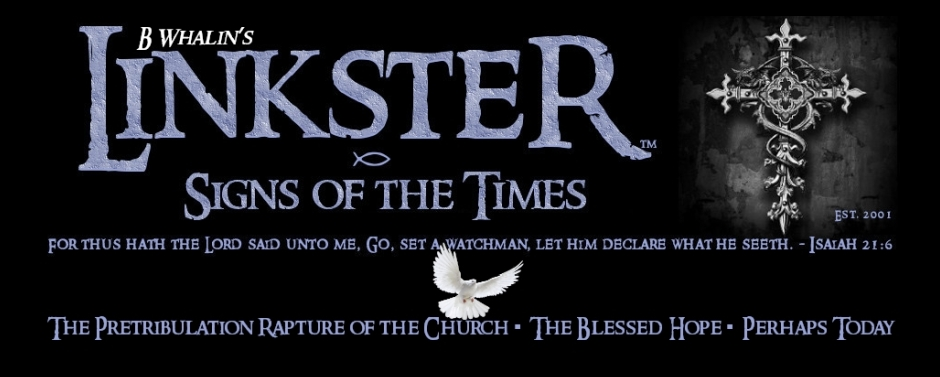
Susan Brownell Anthony
American Civil Rights Leader
19th Century Women's Rights Movement Leader
Introduced Women's Suffrage Into the United States
19th Century Women's Rights Movement Leader
Introduced Women's Suffrage Into the United States
On ‘Unalienable Rights Come From God’

In Congress, July 4, 1776
~ Second Sentence of ‘The Declaration of Independence’
~ Second Sentence of ‘The Declaration of Independence’
We hold these truths to be self-evident, that all men are created equal, that they are endowed by their Creator with certain unalienable Rights, that among these are Life, Liberty and the pursuit of Happiness. That to secure these rights, Governments are instituted among Men, deriving their just Powers from the consent of the governed, — That whenever any Form of Government becomes destructive of these ends, it is the Right of the People to alter or to abolish it, and to institute new Government, laying its foundation on such principles and organizing its powers in such form, as to them shall seem most likely to effect their Safety and Happiness.
Biography
 Susan Brownell Anthony (February 15, 1820 – March 13, 1906) was a prominent American civil rights leader who played a pivotal role in the 19th century women's rights movement to introduce women's suffrage into the United States. She was co-founder of the first Women's Temperance Movement with Elizabeth Cady Stanton as President. She also co-founded the women's rights journal, The Revolution. She traveled the United States and Europe, and averaged 75 to 100 speeches per year. She was one of the important advocates in leading the way for women's rights to be acknowledged and instituted in the American government. Her birthday on February 15, is commemorated as Susan B. Anthony Day in the U.S. states of Florida and Wisconsin. » Full Bio
Susan Brownell Anthony (February 15, 1820 – March 13, 1906) was a prominent American civil rights leader who played a pivotal role in the 19th century women's rights movement to introduce women's suffrage into the United States. She was co-founder of the first Women's Temperance Movement with Elizabeth Cady Stanton as President. She also co-founded the women's rights journal, The Revolution. She traveled the United States and Europe, and averaged 75 to 100 speeches per year. She was one of the important advocates in leading the way for women's rights to be acknowledged and instituted in the American government. Her birthday on February 15, is commemorated as Susan B. Anthony Day in the U.S. states of Florida and Wisconsin. » Full Bio» See All 'Quotable Quotes'
This Day In History 68 Years Ago
World War II
July 16, 1945
World War II
July 16, 1945
Atom Bomb Successfully Tested

On this day in 1945, at 5:29:45 a.m., the Manhattan Project comes to an explosive end as the first atom bomb is successfully tested in Alamogordo, New Mexico.
Plans for the creation of a uranium bomb by the Allies were established as early as 1939, when Italian emigre physicist Enrico Fermi met with U.S. Navy department officials at Columbia University to discuss the use of fissionable materials for military purposes. That same year, Albert Einstein wrote to President Franklin Roosevelt supporting the theory that an uncontrolled nuclear chain reaction had great potential as a basis for a weapon of mass destruction. In February 1940, the federal government granted a total of $6,000 for research. But in early 1942, with the United States now at war with the Axis powers, and fear mounting that Germany was working on its own uranium bomb, the War Department took a more active interest, and limits on resources for the project were removed.
[...]
The question now became-on whom was the bomb to be dropped? Germany was the original target, but the Germans had already surrendered. The only belligerent remaining was Japan.
A footnote: The original $6,000 budget for the Manhattan Project finally ballooned to a total cost of $2 billion. » Full Article
Significant Events This Day In History
» History


